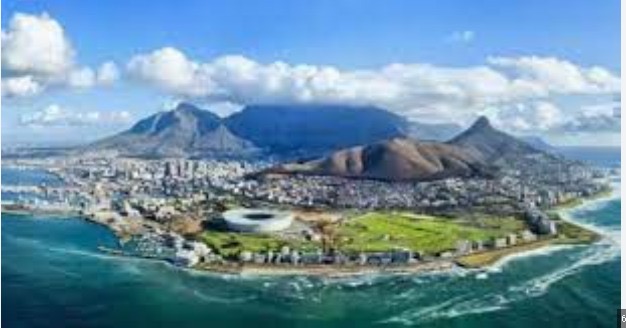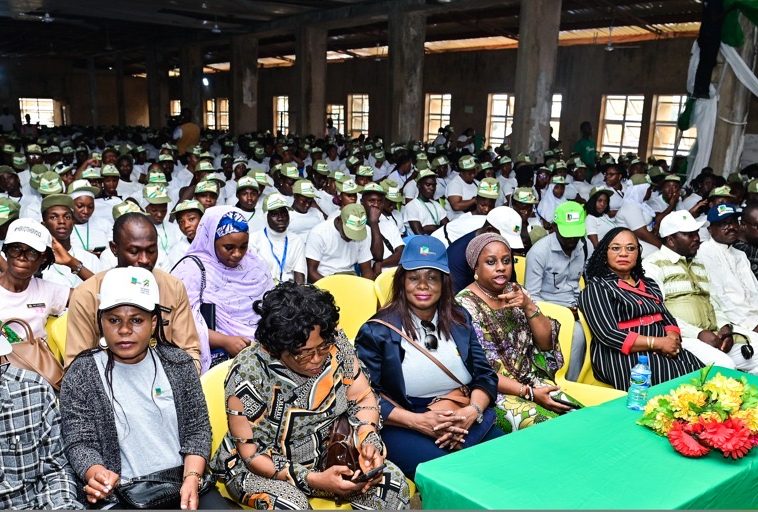Africa, often portrayed through a lens of struggle and hardship, stands as a continent teeming with innovation, progress, and burgeoning urban developments. Comprised of 54 diverse countries and a population exceeding 1.3 billion, Africa boasts a dynamic fashion of cities that defy stereotypes, showcase robust growth, and foster enticing opportunities across various sectors.
Dismantling misconceptions, let us take a tour into the vibrant fabric of Africa’s urban centres, spotlighting the top eleven most developed cities, each illuminating the continent’s strides in infrastructure, economic prowess, societal advancement, and quality of life.
Renowned as South Africa’s economic epicentre, Johannesburg stands tall as a bustling metropolis, boasting a vibrant conglomerate of multinational corporations, financial institutions, and burgeoning tech enterprises. A skyline adorned with modern skyscrapers and top-tier shopping arcades underscores its advanced infrastructure, supported by a colossal Gross Domestic Product (GDP) surpassing $90 billion.
Nestled within South Africa, Cape Town epitomises natural beauty fused with modernity. Beyond its iconic landmarks like Table Mountain and the Cape of Good Hope, Cape Town’s robust economy, with a GDP exceeding $51 billion, thrives on tourism and a burgeoning tech ecosystem, complemented by world-class amenities and an exceptional quality of life.
Emerging as a vibrant and cosmopolitan hub, Accra stands tall as Ghana’s capital city. Its thriving economy, surpassing $16 billion in GDP, is a testament to its trade, multinational corporate presence, and burgeoning technological landscape. Notably, investments in infrastructure bolster its trajectory towards becoming an economic powerhouse in West Africa.
Embracing its identity as one of Africa’s largest and most dynamic cities, Lagos pulsates with life and economic vitality. Despite its population density, Lagos thrives as Nigeria’s financial nucleus and a beacon of trade and technology in West Africa, supported by a rich cultural tapestry and burgeoning renewable energy initiatives.
Radiating historical grandeur and economic vigour, Tunis embodies North Africa’s epitome of development. With a GDP exceeding $40 billion, the city pulsates with multinational corporations and a burgeoning innovation ecosystem, underscoring its status as a hub for trade and commerce.
Exemplifying East Africa’s meteoric rise, Nairobi stands as a dynamic city characterised by a bustling business landscape, picturesque parks, and a rich cultural heritage. With a GDP surpassing $21 billion, Nairobi serves as a regional hub for trade, technology, and entrepreneurship, bolstered by substantial infrastructural investments.
As North Africa’s nerve centre, Casablanca thrives on its modernity and economic vibrancy. With a GDP exceeding $33 billion, it embodies a nexus for trade, corporate giants, and burgeoning innovation, anchored by renewable energy initiatives contributing to its advancement.
Egypt’s bustling capital, Cairo, encapsulates historical grandeur intertwined with economic vitality. Boasting a GDP exceeding $128 billion, Cairo radiates as North Africa’s trade and finance nucleus, fostering a landscape ripe for innovation and business expansion.
Positioned as East Africa’s commercial hub, Dar es Salaam’s rapid growth, with a GDP exceeding $12 billion, echoes its rise in trade, corporate prominence, and a burgeoning tourism sector. Its investments in renewable energy further solidify its commitment to sustainable development.
Dakar, the pulsating heart of Senegal, reverberates with economic resilience and cultural richness. With a GDP surpassing $19 billion, it champions innovation, entrepreneurship, and artistic expression while bolstering infrastructural advancements and renewable energy projects.
As Ethiopia’s thriving epicentre, Addis Ababa radiates economic vibrancy and cultural richness. With a GDP exceeding $11 billion, it stands as East Africa’s trading hub, fostering innovation, entrepreneurship, and infrastructural enhancements.
Africa’s cities, epitomes of resilience and dynamism, paint a picture of progress and untapped potential. As they navigate challenges and embrace growth, these urban landscapes beckon investors, business leaders, and adventurers alike, promising a great deal of opportunity and a vibrant future on this diverse and flourishing continent.


